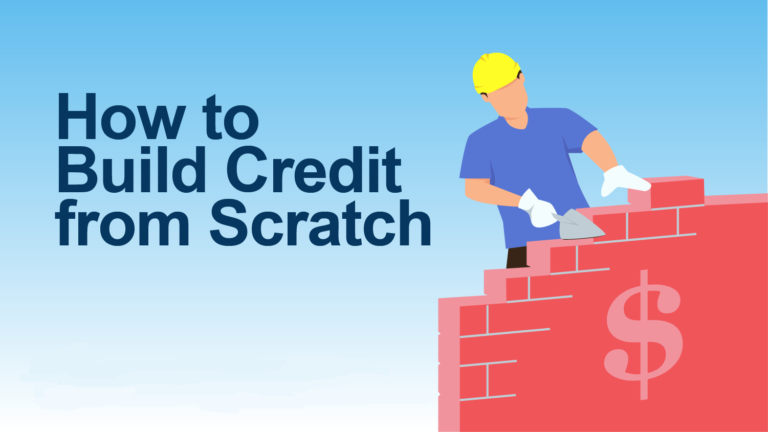
Embarking on the journey of building credit from scratch can be both exciting and daunting. Your credit score is a key player in your financial future, influencing everything from loan approvals to housing options and even job opportunities. In this beginner’s guide, we’ll explore the basics of building credit with a focus on using credit cards wisely.
Understanding Credit:
Before we delve into the world of credit cards, let’s understand the basics of credit. Your credit score is a numerical representation of your creditworthiness, ranging from 300 to 850. It’s essentially a financial report card that lenders use to evaluate your ability to repay borrowed money.
Getting Started:
- Secured Credit Cards: If you’re new to credit, a secured credit card can be a great starting point. Secured cards require a cash deposit as collateral, which also becomes your credit limit. This lowers the risk for the card issuer and allows you to establish a positive credit history.
- Starter Credit Cards: Some credit cards are designed specifically for individuals with limited or no credit history. Look for options labeled as “starter” or “student” credit cards. These often have lower credit limits and may offer educational resources to help you manage your credit responsibly.
Using Credit Wisely:
- Small Purchases and Timely Payments: Start by making small, manageable purchases on your credit card. Ensure that you pay the full balance on time every month. Timely payments are crucial for building a positive credit history.
- Credit Utilization Ratio: This ratio represents the percentage of your credit limit that you’re using. Aim to keep your credit utilization below 30% – this shows lenders that you can manage credit responsibly.
- Budgeting and Tracking Spending: Create a budget to track your spending and avoid overspending on your credit card. Responsible credit use involves staying within your means and not accumulating debt.
Building Credit Over Time:
- Patience is Key: Building credit is a gradual process. Be patient and consistent with your credit habits. Over time, your positive credit history will contribute to a higher credit score.
- Review Your Credit Report: Regularly check your credit report for accuracy. Report any discrepancies or errors to the credit bureau. A clean and error-free credit report is essential for maintaining a healthy credit score.
Conclusion:
Building credit from scratch is a journey that requires commitment and financial responsibility. Credit cards, when used wisely, can be valuable tools for establishing and improving your credit score. Start small, stay disciplined, and watch your credit score climb, opening doors to various financial opportunities along the way. Happy credit building!
